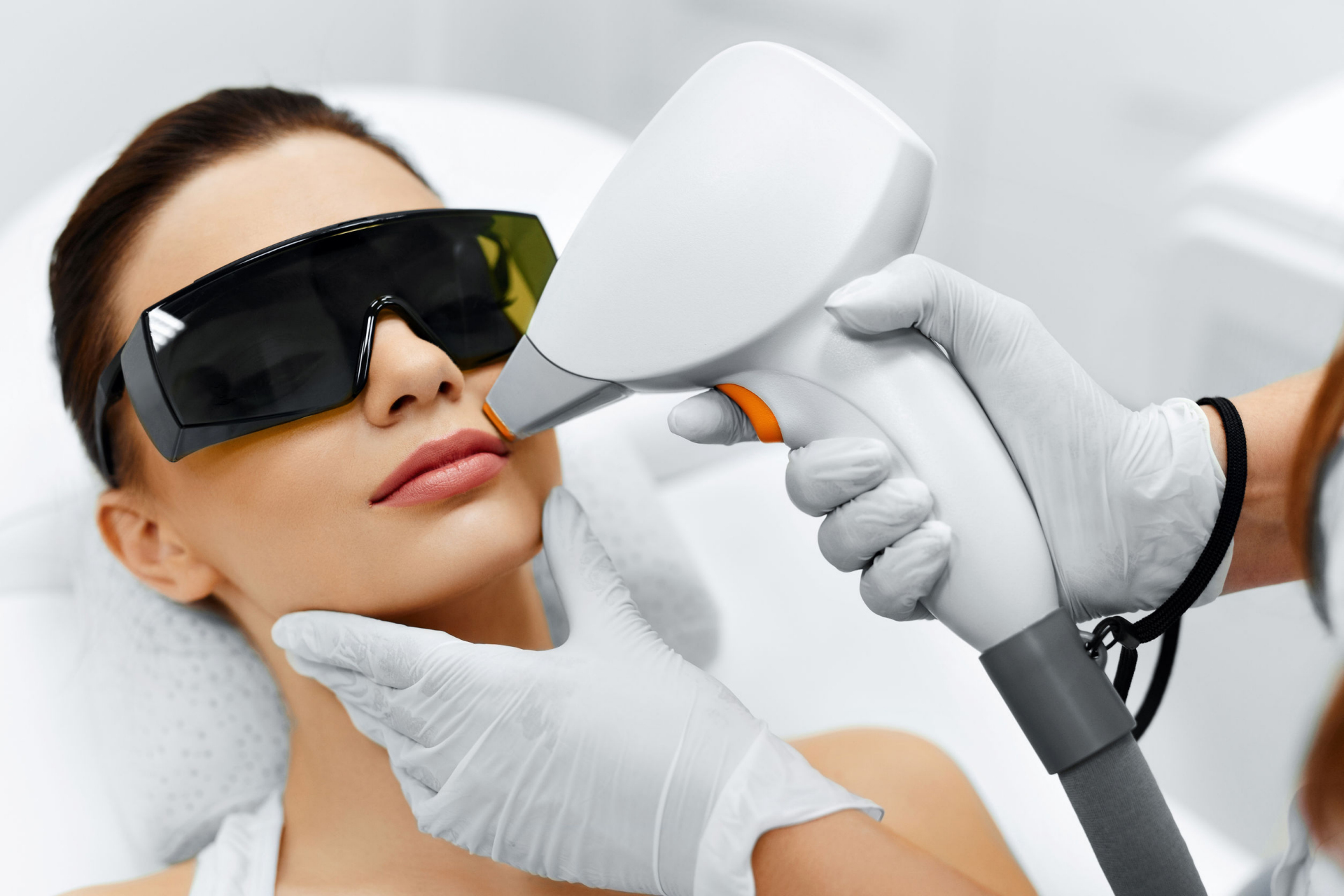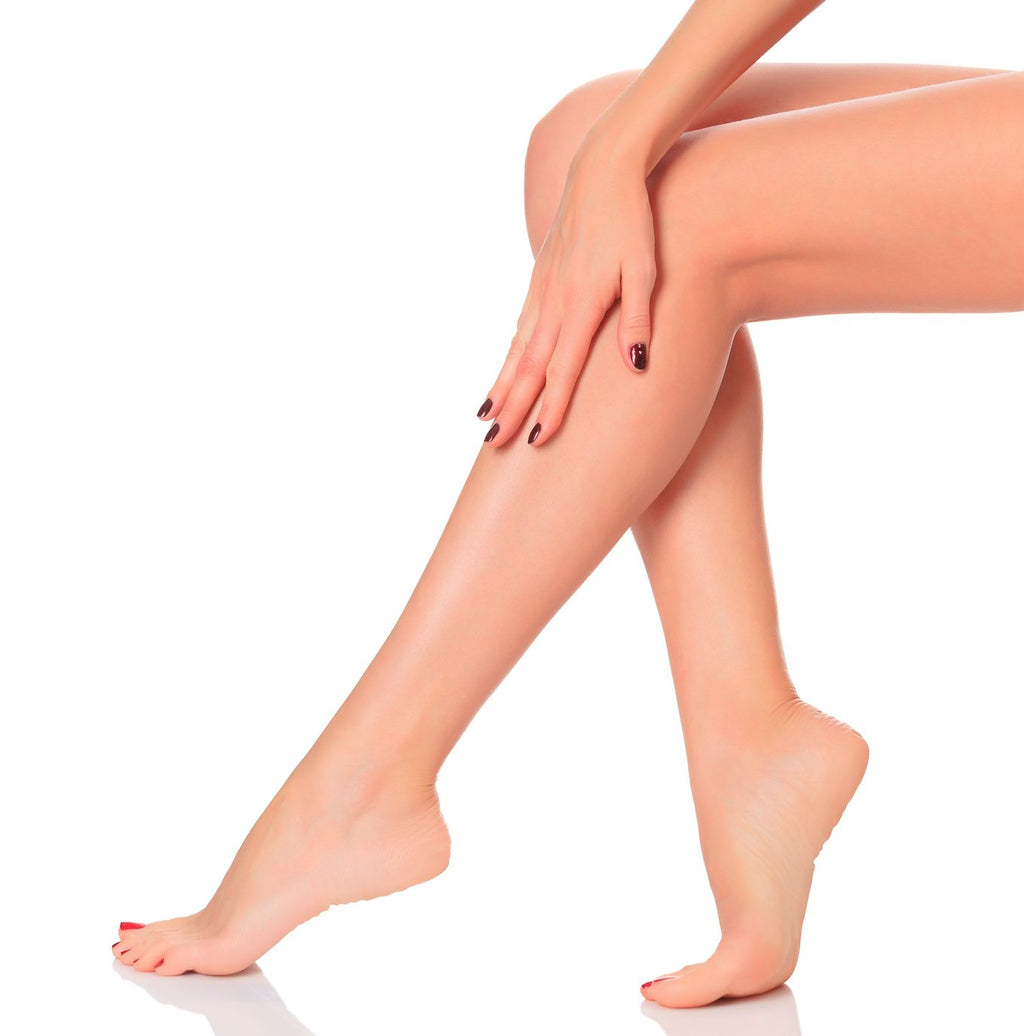Table Of Content

Debunking common myths, laser hair removal has not been found to cause cancer, including breast cancer, or impact fertility. By understanding the facts, you can confidently make decisions about laser hair removal to achieve the smooth, hair-free results you desire. This uncommon, unwanted side effect is called paradoxical hypertrichosis and is estimated to occur in 3% of those undergoing laser hair removal. If an at-home laser works for you, it may be worth the investment, as it would be significantly cheaper to use at home than to continuously get treatments at the doctor’s office.
IPL Hair Removal Reviews: Belle Bella Laser Hair Removal Does it Work? Review by HealthyRex - GlobeNewswire
IPL Hair Removal Reviews: Belle Bella Laser Hair Removal Does it Work? Review by HealthyRex.
Posted: Fri, 18 Dec 2020 08:00:00 GMT [source]
*Consultation fee: $50 CAD (includes a patch test to know your skin type & the right laser for you)
By understanding the patient's medical background and skin characteristics, professionals can tailor the treatment plan to minimize any potential risks. The development and use of light and lasers for medical and cosmetic procedures has increased exponentially over the past decade. This review article focuses on the incidence of reported cases of skin cancer post laser or IPL treatment. Although laser and IPL technology has not been known to cause skin cancer, this does not mean that laser and IPL therapies are without long-term risks.
Risks / Benefits
In a small study that compared a professional laser (Diode) with an at-home laser device, researchers found that both in-office and at-home laser hair removal treatments showed positive reductions in hair count. However, there was a greater reduction in overall hair counts in people treated with the Diode laser compared to the at-home laser device. To avoid side effects and potential risks of the treatment, it's important to find a qualified medical professional, such as a board-certified dermatologist or plastic surgeon, to perform the procedure. This is why seeing a medical doctor who is skilled in laser treatments and has in-depth knowledge of the skin is so important.
Skin Sensitivity:
Depending on the laser or light source used, you and the technician will need to wear appropriate eye protection. They'll also apply a cold gel or use a special cooling device to prodct the outer layers of your skin and help the laser light get into it. If your hair is too long, the procedure will not work as effectively, and your hair and skin will get burned. Dr. Lian Peter, MD, MPH, CCFP, is a Family physician with a passion for aesthetics. In her aesthetic clinic, she provides a wide range of minimally invasive and non-invasive procedures, constantly honing her skills to deliver exceptional care and help patients attain their desired appearance.

Medical Professionals
Although both types can come from natural sources like radon gas, they can also be manmade. For example, nuclear power plants create this type of radiation for nuclear energy, and medical imaging tests like CT scans use X-rays to produce pictures of areas inside the body. Laser hair removal is a cosmetic procedure that uses a powerful laser or intense pulsed light (IPL) to remove unwanted hair. While concerns about cancer risk persist, it’s essential to differentiate between temporary side effects, such as skin irritation or hyperpigmentation, and serious medical conditions like cancer. Any persistent or unusual symptoms should be promptly evaluated by a healthcare professional. Avoid sun exposure and tanning beds before and after treatments to minimize the risk of burns or changes in skin pigmentation.
Can laser hair removal cause skin cancer?
A notable reason for the increasing popularity of IPLs amongst dermatologists and beauty therapists is versatility. An IPL system can be configured for different emission spectra by simply varying light filtration. A distinct advantage is the ability to target multiple chromophores over a large skin area in a single pulse compared with narrow beam, small spot size laser systems.
Safety and Side Effects
They established that wavelength had the greatest influence on cancer cell growth and that time of irradiation only mattered at the shortest wavelength studied. This reinforces that with respect to cancer induction, the dominant factor is wavelength of the light of the skin is being exposed to [21]. A study by Avram and Goldman in 2004 found that combining IPL with a photosensitiser (ALA) meant 68% of the treated AKs resolved after only one treatment [16].
During the Procedure
They found that the irradiated cells (both wavelengths) proliferated more than the non-irradiated control group. The 670 nm exposed group did proliferate more than the 635 nm group. The authors therefore concluded that laser light exposure could significantly increase proliferation of cancer cells [22]. In vivo studies looking into malignant melanoma are not easily accomplished; however, Gottschaller et al. presented the accidental exposure of a malignant melanoma with a CO2 laser as a case study.
The Potential Side Effects of Laser Hair Removal
Multiple studies have shown that the procedure does not increase the risk of developing skin cancer or cause DNA damage in skin cells. Additionally, the positive experiences of individuals who have undergone laser hair removal further support its safety. However, it is essential to consult a qualified professional and consider individual risk factors before undergoing any medical procedure. Laser hair removal is a largely safe and effective medical procedure that removes unwanted hair from the face and body. In some individuals, laser hair removal can produce permanent results after a few sessions, but some people may continue to need follow-up treatments. Research is ongoing to develop lasers that can remove hair permanently for people of all skin types and hair colors.
One study published in the Journal of the American Academy of Dermatology examined the occurrence of skin cancer in patients who underwent laser hair removal treatment. The researchers found no evidence to suggest that laser hair removal increased the risk of skin cancer. The study included a large sample size and followed the patients over an extended period, making its findings reliable.
Laser skin resurfacing is an excellent option to erase skin irregularities, especially for someone like O'Connell who has a lot of freckles and sunspots. When a qualified practitioner carries out the process, however, burns and blisters are rare. You can search by location, condition, and procedure to find the dermatologist that’s right for you.


No comments:
Post a Comment